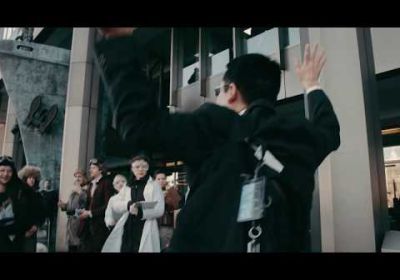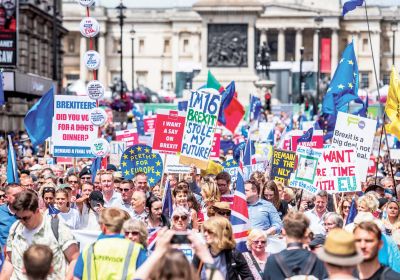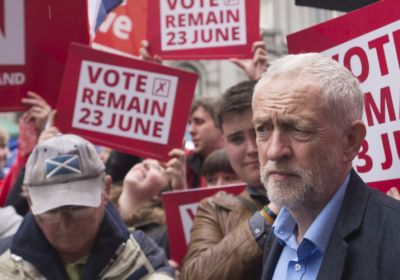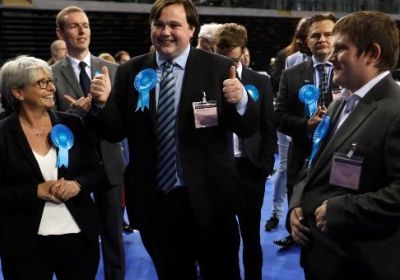
John Pilger describes how class remains the most virulent disease in Britain, resulting in record levels of child poverty.

John Pilger describes how class remains the most virulent disease in Britain, resulting in record levels of child poverty.

Environmental campaigners are calling for urgent action to cut pollution in the Arctic from the global shipping industry, writes Kerry Smith.

Two very different demonstrations within less than a week of each other neatly illustrated just how polarised British politics is.

In the middle of the harshest winter for more than a decade, Britain finds itself still gripped by the icy fingers of neoliberal austerity.

The huge Labour losses in the May 4 local council elections are just what the Labour Right was hoping for.
The left has to be crystal clear about what is happening here. There are many subsidiary factors, but the root of the Conservative Party's substantial gains – 500 seats won against about 400 losses for Labour – is the xenophobic nationalism of Brexit which the Tories have used ruthlessly.